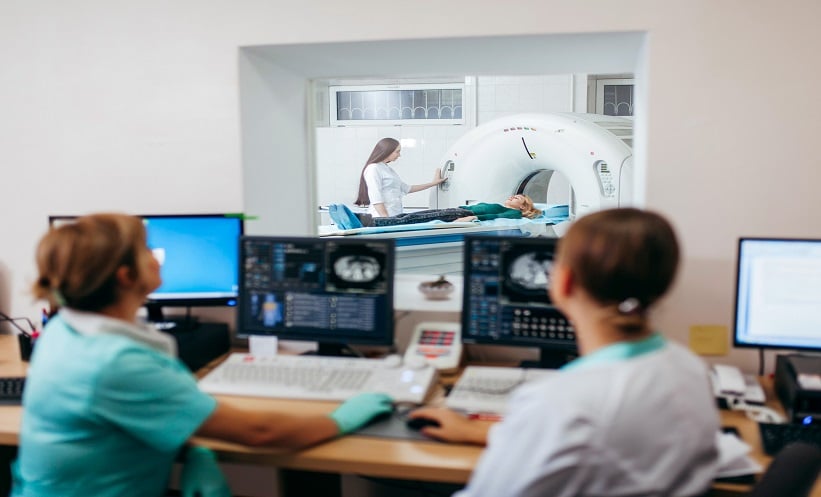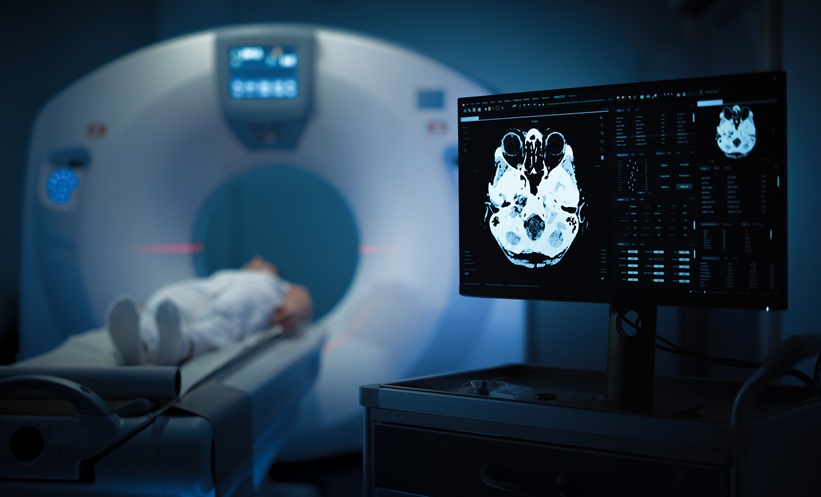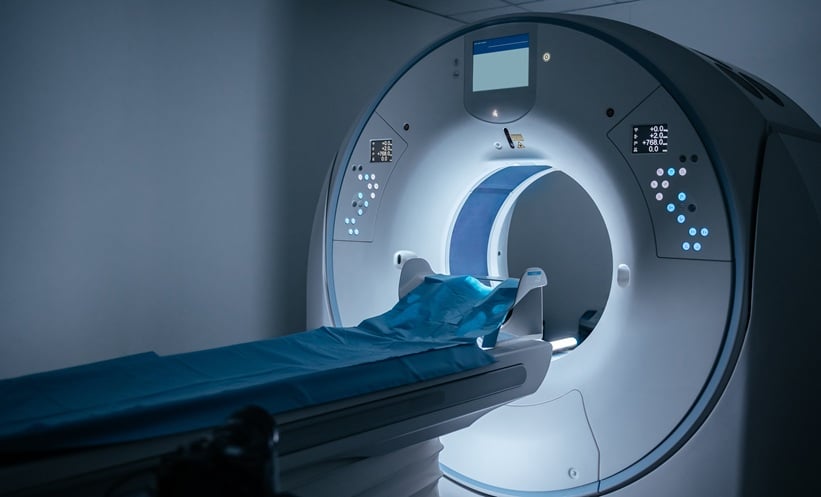A DEEP learning algorithm has shown promise in improving the risk assessment of lung nodules on CT scans, potentially reducing false positives in lung cancer screening.
Lung cancer is a major health concern across the globe, and lung cancer screening with low-dose CT is known to reduce mortality but often produces false-positive findings, leading to unnecessary follow-up imaging and invasive procedures. Though guidelines have been put into place in attempt to reduce false positives, and AI has demonstrated high levels of accuracy, more testing is needed. Tools that can better distinguish between malignant and benign nodules are therefore a key research priority.
The algorithm was trained on data from the US National Lung Screening Trial and externally tested using baseline scans from three studies: the Danish Lung Cancer Screening Trial, the Multicentric Italian Lung Detection trial, and the Dutch-Belgian Lung Cancer Screening Trial. Across a total of >4,000 participants, there were approximately 7,600 benign nodules and 180 malignant nodules, and the group was split into two subsets.
The deep learning model showed consistently high performance, with area under the curve scores equal to or surpassing those produced by an established clinical model (the Pan-Canadian Early Detection of Lung Cancer model). Particular improvements were seen for indeterminate nodules sized 5–15 mm. In this subset, the deep learning algorithm not only provided higher area under the curve values but also achieved a 39% relative reduction in false-positive classifications.
While the findings support the potential role of AI in lung cancer screening, the researchers emphasised the need for continued validation and assessment of integration into clinical workflows. Future studies are expected to explore how such algorithms might support radiologists in real-world practice by improving consistency, reducing unnecessary interventions, and enhancing the overall effectiveness of screening programmes.
Reference
Antonissen N et al. External test of a deep learning algorithm for pulmonary nodule malignancy risk stratification using European screening data. Radiology. 2025;316(3): e250874.








